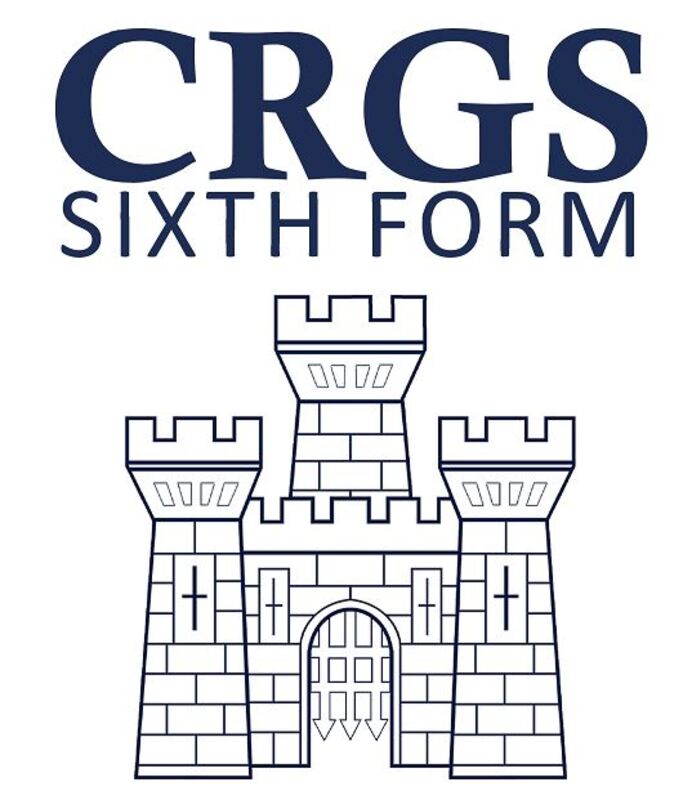
Economics teaches us the importance of making well-informed decisions. A large part of the subject involves decision making: what should the government do to help the economy recover from a global pandemic? What should a business do to raise profit margins? What are the implications of the UK leaving the EU? Economics helps us to make choices. How can we make decisions about which career path to follow, what to invest our money in or what bank to use, without having some knowledge about the economy? Through studying Economics, you will develop a greater awareness of many current issues that will prove extremely beneficial to you as a consumer, no matter what your career aspirations may be.
No previous knowledge of the subject is required, but students should have a general interest in current affairs, relevant business and economics news items and government policies. An ability to learn key economics terms and apply theories to different real life economic scenarios will be developed over the course. Students must also be able to construct, explain and provide a critical understanding of a variety of diagrams. Students are required to meet the General Entry Requirement of a minimum of 4 GCSEs at grade 6 with at least GCSE grade 4 in English Language and Maths.
Three externally assessed examination papers are taken in May/June in Year 13. The exams use a variety of assessment methods including multiple choice questions, short answer questions, data-response and essay questions. Paper 1: Markets and Business Behaviour (35% of A Level) Paper 2: The National and Global Economy (35% of A Level) Paper 3: Microeconomics and Macroeconomics (30% of A Level)
About Education Provider
| Region | North West |
| Local Authority | Lancashire |
| Ofsted Rating | Outstanding |
| Gender Type | Co-Educational |
| Address | York Street, Clitheroe, BB7 2DJ |
Economics teaches us the importance of making well-informed decisions. A large part of the subject involves decision making: what should the government do to help the economy recover from a global pandemic? What should a business do to raise profit margins? What are the implications of the UK leaving the EU? Economics helps us to make choices. How can we make decisions about which career path to follow, what to invest our money in or what bank to use, without having some knowledge about the economy? Through studying Economics, you will develop a greater awareness of many current issues that will prove extremely beneficial to you as a consumer, no matter what your career aspirations may be.
No previous knowledge of the subject is required, but students should have a general interest in current affairs, relevant business and economics news items and government policies. An ability to learn key economics terms and apply theories to different real life economic scenarios will be developed over the course. Students must also be able to construct, explain and provide a critical understanding of a variety of diagrams. Students are required to meet the General Entry Requirement of a minimum of 4 GCSEs at grade 6 with at least GCSE grade 4 in English Language and Maths.
Three externally assessed examination papers are taken in May/June in Year 13. The exams use a variety of assessment methods including multiple choice questions, short answer questions, data-response and essay questions. Paper 1: Markets and Business Behaviour (35% of A Level) Paper 2: The National and Global Economy (35% of A Level) Paper 3: Microeconomics and Macroeconomics (30% of A Level)